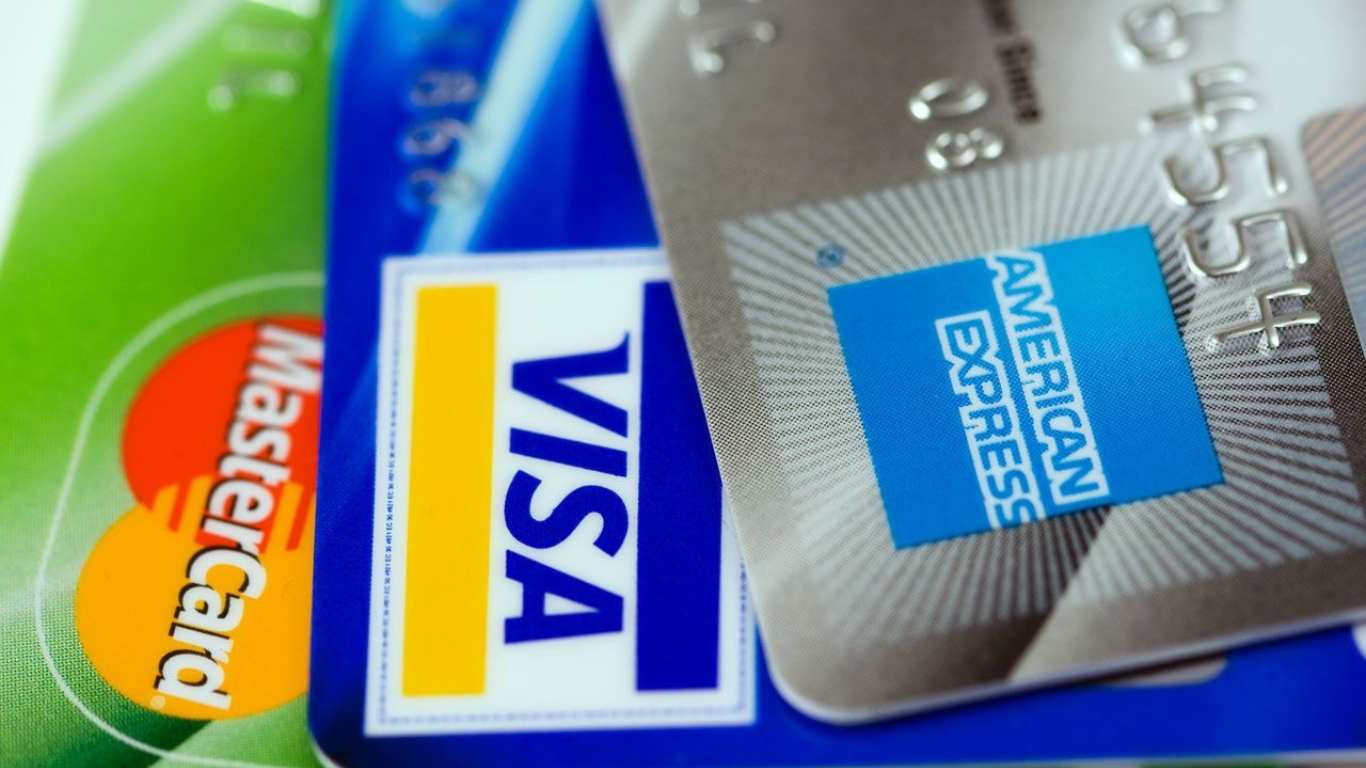
There are several key advantages to securing business funding with your EIN, including:
Before you can unlock funding with your EIN, you need to structure your business as a legal entity. This is essential for separating your personal and business credit.
Most business owners choose to form an LLC or a corporation, as both offer legal separation between your personal and business finances. This step also gives you added protection from personal liability should your business face any financial issues.
If you haven’t already applied for an EIN, you can do so online through the IRS website. The process is free and takes just a few minutes. Once you have your EIN, you’ll use it for everything from filing taxes to opening a business bank account and applying for credit.
Next, open a business bank account using your EIN. This is a crucial step for separating your personal and business finances. By keeping your transactions in a dedicated business account, you create a clear financial trail for lenders to evaluate.
Lenders often look at your business bank account activity to assess your cash flow and overall financial health, so maintaining a clean separation from personal expenses is essential.
One of the easiest ways to start building credit with your EIN is by working with vendors that offer net-30 or net-60 payment terms. These vendors typically provide you with goods or services upfront, giving you 30 to 60 days to pay.
Make sure to select vendors that report to business credit bureaus like Dun & Bradstreet, Experian Business, and Equifax Business. Paying your vendor accounts on time will help establish a positive business credit history.
Once you’ve established some vendor accounts, the next step is to apply for a business credit card using your EIN. There are numerous credit cards designed specifically for businesses, some of which don’t require a personal guarantee or a check on your personal credit.
Business credit cards are an excellent way to access short-term financing and build your business credit profile further. To make the most of your credit card, ensure you pay off balances on time and keep your credit utilization low.
After building a solid credit foundation using vendor accounts and business credit cards, you’ll be in a good position to apply for larger business loans and lines of credit.
Many traditional lenders and online lenders will evaluate your business credit score, cash flow, and revenue when determining loan eligibility. By focusing on your business creditworthiness and financial health, you can qualify for loans that don’t require personal guarantees.
Just like personal credit, business credit requires regular monitoring. It’s important to keep an eye on your business credit reports from Dun & Bradstreet, Experian Business, and Equifax Business.
Make sure all the information in your reports is accurate, and immediately correct any errors. Consistently monitoring your business credit will help you stay aware of your financial standing and alert you to any potential issues.
Unlocking business funding without personal credit is possible—and highly beneficial—when you use the power of your EIN. By establishing your business as a separate entity, opening a business bank account, and strategically building business credit, you can access loans, credit lines, and vendor accounts without risking your personal financial health.
Start building your business credit today by leveraging your EIN, and you’ll set yourself up for long-term success with greater financial flexibility and growth potential.
